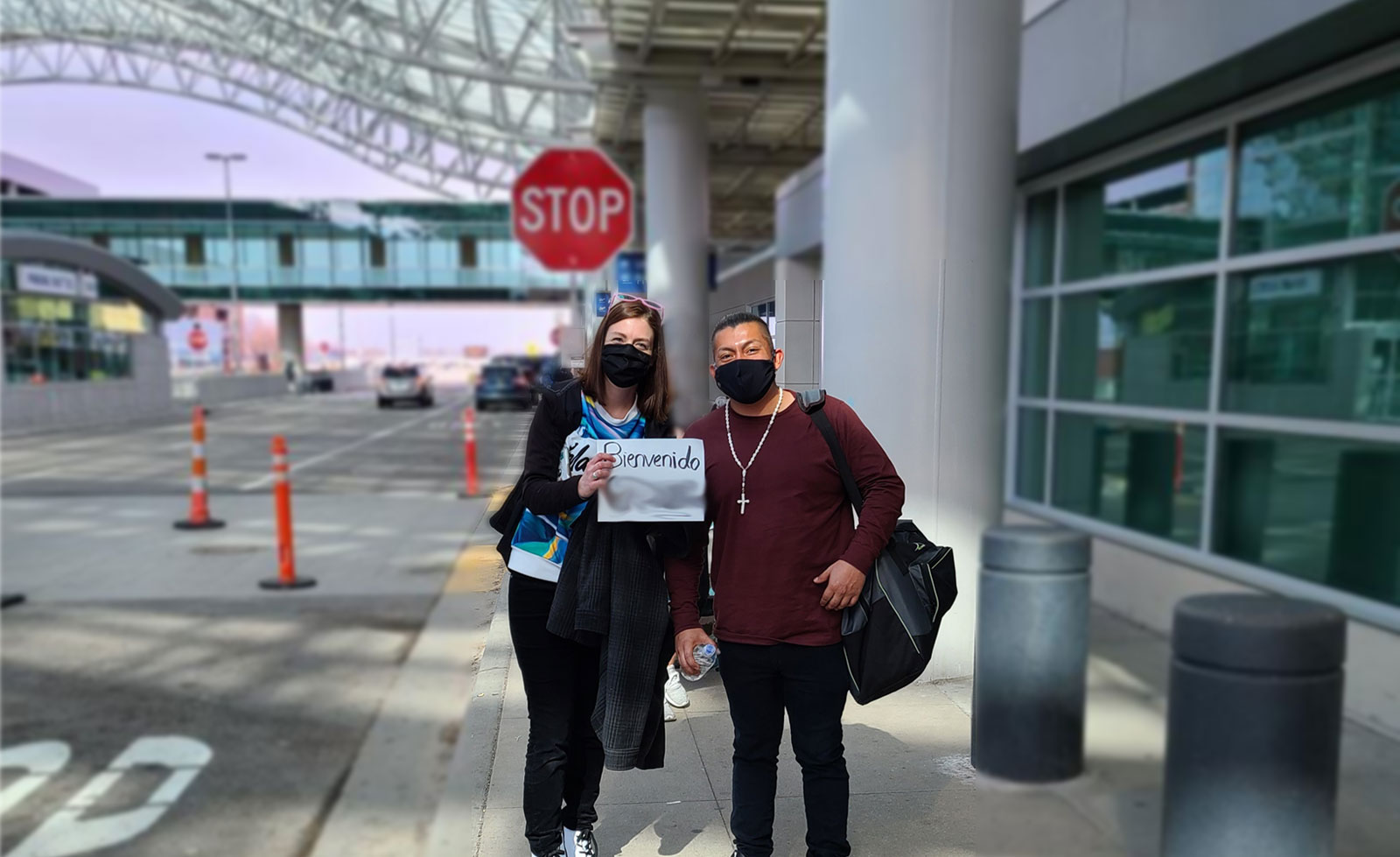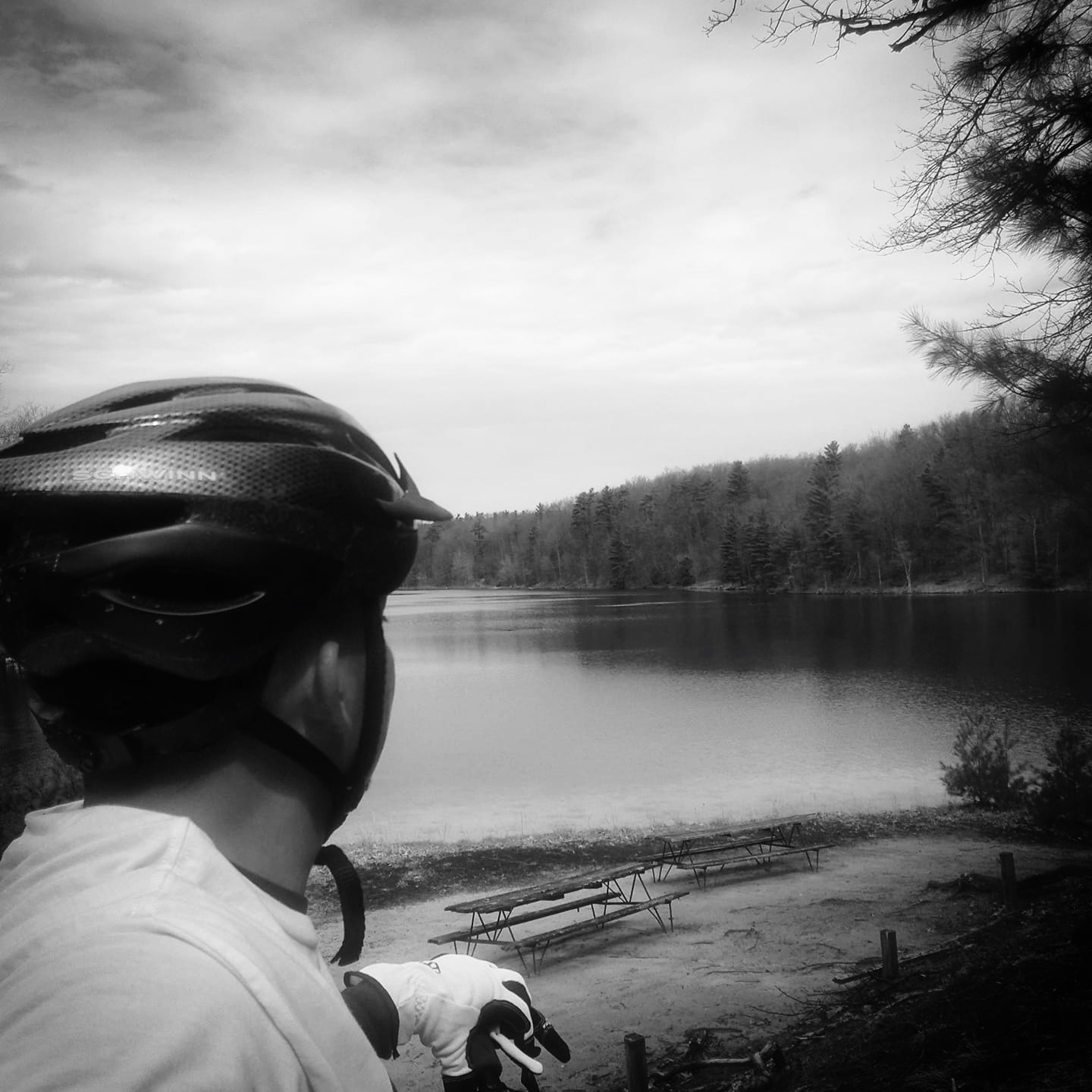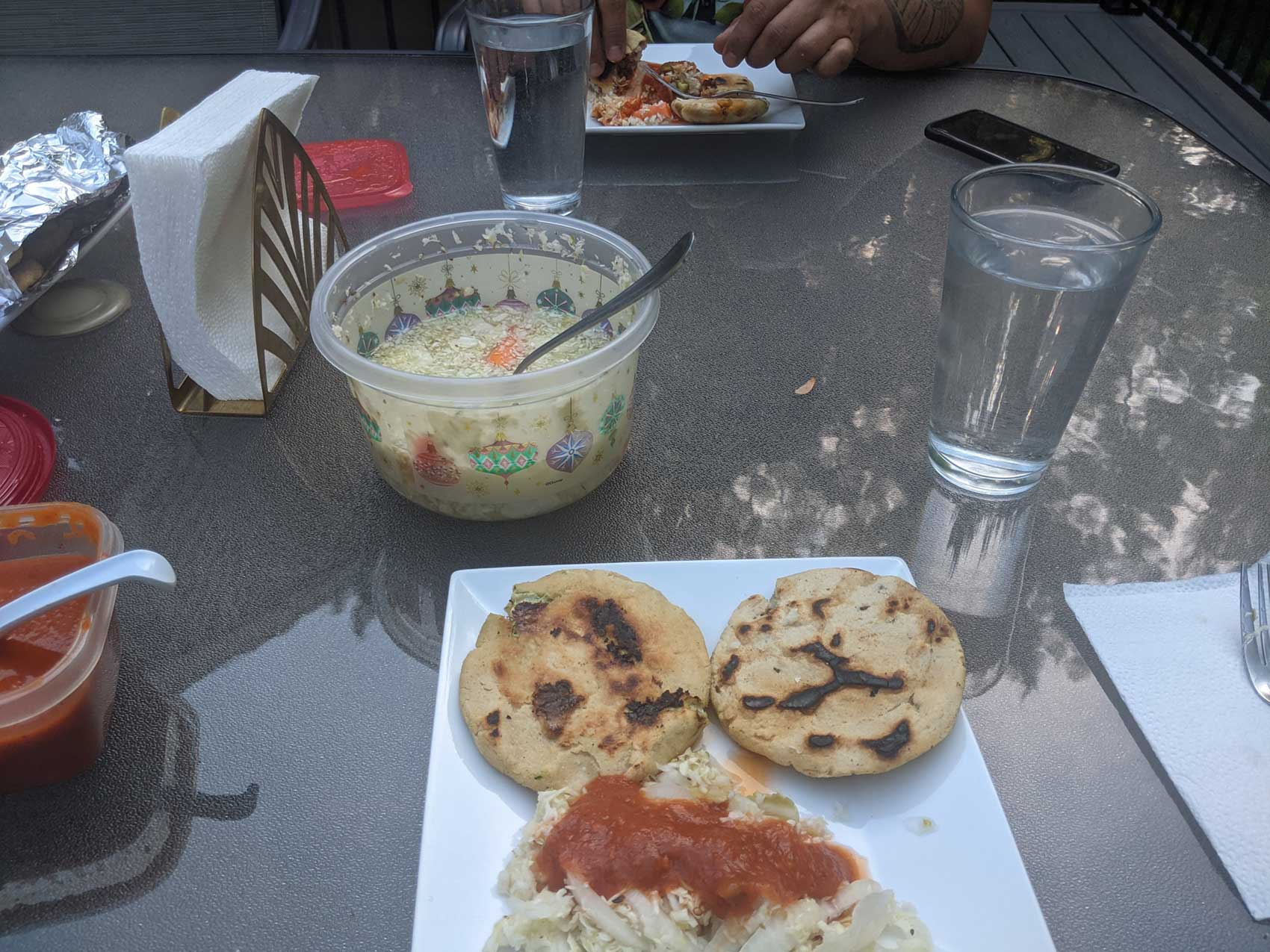
Date
The Golden Rule is to treat others as you want to be treated. This principle was partially derived from the Bible where Jesus said that the greatest commandments are to love God and love your neighbor as yourself (Matthew 22:36-40). You may have noticed from browsing this website there are many, many Bible verses that tell believers to do just that. This site is called Leviticus Project based on Leviticus 19:33-34.
Treat the Foreigner the Same as a Native. Love him like one of your own. Remember that you were once foreigners in Egypt. I am God, your God.
– Leviticus 19:33-34 The Message
I know that God gives different passions and callings so I know that my passion won’t necessarily be yours. Regardless, I appreciate your interest and we value any support, be it prayers, knowledge, or connections.
It’s easy to feel sympathy for the plight of the displaced, I can imagine how devasting and terrifying it would be to lose your home and to have to leave everything familiar in a search of a peaceful life. I also recognize that my great-grandparents (or perhaps my great-great-grandparents) were immigrants. The USA we know today was built by immigrants and continues to thrive because of their many and significant contributions.
I watch the news and it breaks my heart to see the violence, injustice, and corruption that ruins the lives of so many for the greed of a few.
The situation in Central America alone is very perilous. According to Doctors Without Borders/Médecins Sans Frontières (MSF):
Every year, an estimated 500,000 people flee extreme violence and poverty in El Salvador, Guatemala and Honduras, and head north through Mexico to find safety. The high levels of violence in the region, known as the Northern Triangle of Central America, are comparable to those in the international war zones where MSF has worked for decades.
Gang-related murders, kidnappings, extortion and sexual violence are daily facts of life. “In my country, killing is ordinary — it is as easy as killing an insect with your shoe,” said one man from Honduras, who was threatened by gangs for refusing their demand for protection money, and later shot three times.
Faith without Works
Andrew and I live in West Michigan and we’ve been married for 10 years this June. We have always tithed to many causes, sponsored kids through World Vision, and volunteered here and there with our church and other organizations but we knew we could offer more.
We have chosen not to have children because God hasn’t given us a desire for them. That being said, adoption or fostering have not been ruled out. We first attended an informational meeting with Bethany Christian Services who was looking for foster parents of refugee children who had either come to the US alone or been separated from their parents. After learning more and praying about it, we felt ill-equipped to take care of a child or children.
What does it profit, my brethren, if someone says he has faith but does not have works? Can faith save him? 15 If a brother or sister is naked and destitute of daily food, 16 and one of you says to them, “Depart in peace, be warmed and filled,” but you do not give them the things which are needed for the body, what does it profit? 17 Thus also faith by itself, if it does not have works, is dead.
– (James 2:14-17) NKJV
In the course of my arm-chair activism which involved emailing senators and signing petitions calling for better treatment of refugees, I came across the Asylum Seekers Sponsorship Project (ASSP). This organization helps match asylees who are in detention (there are over 30k) with a sponsor. Most asylum seekers (AS, for short here on out) are not aware that they can be released to seek asylum status if a US citizen sponsors them. ASSP has a network of people to educate AS in detention and match them with sponsors.
ASSP asks that sponsors provide food, shelter, clothing, medical care, legal support, and other hospitality to asylum-seekers for at least six months, and preferably one year. Frequently churches and other faith organizations will sponsor individuals and families. ASSP asks that all sponsors build a support network to help with these responsibilities.
“Learn to do good; seek justice, correct oppression; bring justice to the fatherless, and plead the widow’s cause,”
– Isaiah 1:17 The Message
I filled out the online application to sponsor and a volunteer contacted me shortly after about setting up a phone interview. She explained the process and asked questions about our living situation and professions, most likely to make sure we were safe and not psychos looking for a slave or something.
I then relayed everything to Andrew and we discussed and prayed about it for several weeks. We scheduled a follow-up call where Andrew asked more questions. We prayed some more and a week our 2 later gave our commitment to moving forward (Oct 27). At this point, the volunteer handed us over to a matcher. The matcher asked us if we had a preference for age or sex and we said we were open to anyone. She told us it could be anywhere from 2 weeks to several months before we could be matched and have someone in our home.
There was quite a long period of hearing nothing and we were eventually handed over to another matcher who had an AS for us (Feb 4). Fernando (not his real name, more about that in the next blog post), was a 29 year old from El Salvador, and he had been in detention in California for 1 year and 3 months.
“When a foreigner lives with you in your land, don’t take advantage of him. Treat the foreigner the same as a native. Love him like one of your own. Remember that you were once foreigners in Egypt. I am God, your God.
– Leviticus 19:33-34 The Message
It's a Match
The following is our matcher’s email roughly outlining what would happen now that we were matched.
- Once matched the sponsor’s phone number is given to person in detention
- Sponsor deposits commissary funds so person detained can make phone calls
- Sponsor and person detained establish communication and get to know each other even if it’s via an interpreter. Depending on the facility the person detained might have access to text messages and emails via the Getting Out app.
- The sponsor completes the attached parole package and either mail it to detention or emails it to the attorney of record if there is one. The letter in the package is just a guideline, the final letter does not have to be identical.
- The deportation officer of the judge might or might not call the sponsor to interview them and confirm that the sponsor is indeed willing to support the person detained and assist them in attending all their immigration hearings and ICE check-ins. This varies from case to case and it is completely at the discretion of the deportation officer or the Judge.
- If humanitarian parole is granted, the person detained is informed they are being released.
- If bond is issued, then sponsor and ASSP reach out to different bond organizations until we find who can pay for the bond. It usually ranges from $1,500 to $50,000
- Once bond is paid, the person detained is informed they are being released.
- ICE informs the person they are being released
- The person informs the sponsor and/or local contact or ASSP
- Sponsor, ASSP, local contact or groups on the ground where the detention center is coordinate pick up from detention and transportation to the airport or bus station. Sponsor and sponsoring community can pay for flight or team can coordinate with Miles for Migrants.
- Sponsor coordinates pick up from their nearest airport with covid precautions. Also prepares local weather clothes, people being released are only given the items they had in their possession which is not much and usually does not include winter clothes.
- Sponsor and sponsoring community coordinate and provide quarantine space, meals and basic necessities.
What Actually Happened
We spoke to Fernando at first through 3 way calls with our matcher who translated because our Spanish was as rough (rougher) as his English. He was always very positive, happy, and exceedingly grateful and he told us he was Catholic and a non-drinker/smoker. We also communicated via a text messaging app and once by video chat.
People have asked if we were worried if the person we were matched with could be dangerous but we weren’t for 2 reasons. One, we were praying and put our trust in God, and 2, asylum seekers and immigrants have always been vetted before being allowed to stay (whether or not that’s in detention).
"Let each of you look not only to his own interests, but also to the interests of others."
(Philippians 2:4)
– The Message
It was going on almost two months of communication with Fernando and he had just lost an appeal for asylum release. This was because he admitted to being arrested in El Salvador because he was never charged with a crime, however, the US government requires a copy of the arrest record and he couldn’t obtain it. He later told us “My country is so bad with paperwork, if you needed a death record they would tell you the deceased person must request it”! He also had recently had a doctor’s appointment and follow-up echocardiogram which revealed he needed a pacemaker.
On May 25 at 6:30 pm (EST) I received a call from Fernando with an employee of the detention center translating. The connection was very poor as usual but he said that he was being released that night! I asked how much was the bond and he didn’t know. I was skeptical that he actually was being released, maybe he misunderstood. Then at 8 pm, I received a call from the detention center confirming that he was indeed being released between 8 and 9 pm (PST). I again asked about bond and the employee didn’t know, she said ICE would brief Fernando on his way out and let him know then. At this point, I’m scrambling to call and text my contact from ASSP in California. She wasn’t answering so I called and texted another contact in a different state. Finally, I got a hold of one of them and they started networking within their group to find someone who could pick up Fernando from the bus stop where he was being dropped and somewhere for him to spend the night.

This was all put together in less than 2 hours. We think he was released so suddenly due to the detention center not wanting to perform the pacemaker surgery and the suddenness is why there was no bond!
Fernando ended up staying with the volunteers until Saturday morning which was the soonest we could get a plane ticket at a reasonable price. We met him at the airport later that day. He began sharing very personal details with us only days after we met him and he, like most people who’ve fled violence, had been through so much. We will touch more on that in the next blog.
Asylum-seekers are put on an “asylum clock” that determines their eligibility for a work permit following their submission of an asylum application. They become eligible to file for an Employment Authorization Document (EAD) 150 days after filing a “complete” asylum application and can receive an EAD 180 days after filing a “complete” asylum application. We also discovered that an AS can call a hotline (1-800-898-7180) to check the status of their clock, as well as info on the next hearing date, asylum processing information, decision information, case appeal information, or filing information.


